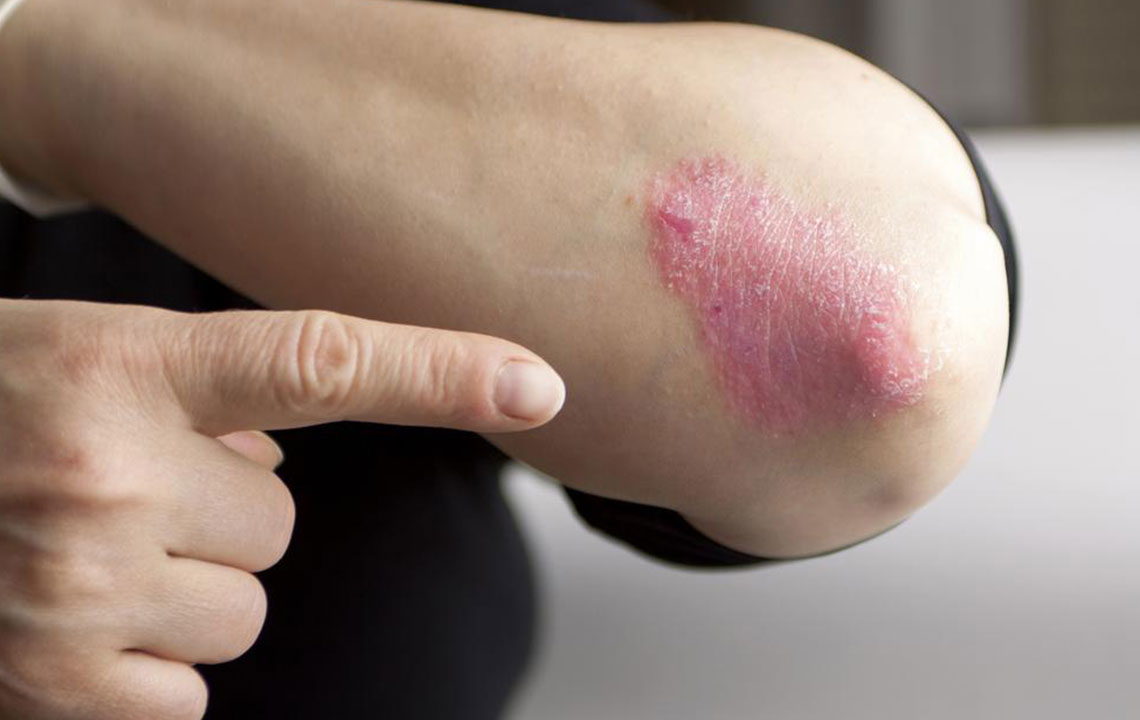Essential Insights into Managing Psoriasis
Learn comprehensive insights into psoriasis, including its causes, triggers, immune system involvement, and effective management strategies. While incurable, symptoms can be controlled with a range of topical and systemic treatments tailored to your needs.
Sponsored

Understanding Psoriasis: Key Facts
Psoriasis is a chronic skin condition caused by an overactive immune response. It leads to rapid skin cell growth, resulting in scaly, flaky patches. While it has no cure, symptoms can be managed effectively. Typically appearing in adulthood, the patches often occur on the elbows, knees, and scalp. The severity varies from small localized spots to widespread skin involvement.
Causes of Psoriasis
The exact cause remains unknown, but genetic and environmental factors play a crucial role. A family history increases risk, and immune system dysfunction is a significant contributor.
Genetics account for about one-third of psoriasis cases, with over 10% of Americans carrying associated genes. Environmental triggers such as cold, stress, infections, certain medications, skin injuries, smoking, and alcohol can activate the condition.
Immune System Role
In psoriasis, immune cells mistakenly attack healthy skin, boosting cell production and causing inflammation. This results in the characteristic scaling and redness.
Managing Psoriasis
While a cure doesn’t exist, treatments aim to reduce symptoms and flare-ups. Options include topical therapies like corticosteroids, vitamin D creams, retinoids, and salicylic acid. Light therapies, such as UVB phototherapy and excimer laser, are effective for moderate cases. Systemic medications like cyclosporine and retinoids may be prescribed for severe symptoms. Consulting a dermatologist ensures tailored treatment plans and exploring alternatives like natural remedies, including fish oil and aloe vera, can be beneficial.






